Resilience and Post-Disaster Recovery: Key Résilience et Recouvrement Post-Catastrophe / Concepts, Challenges, and Opportunities
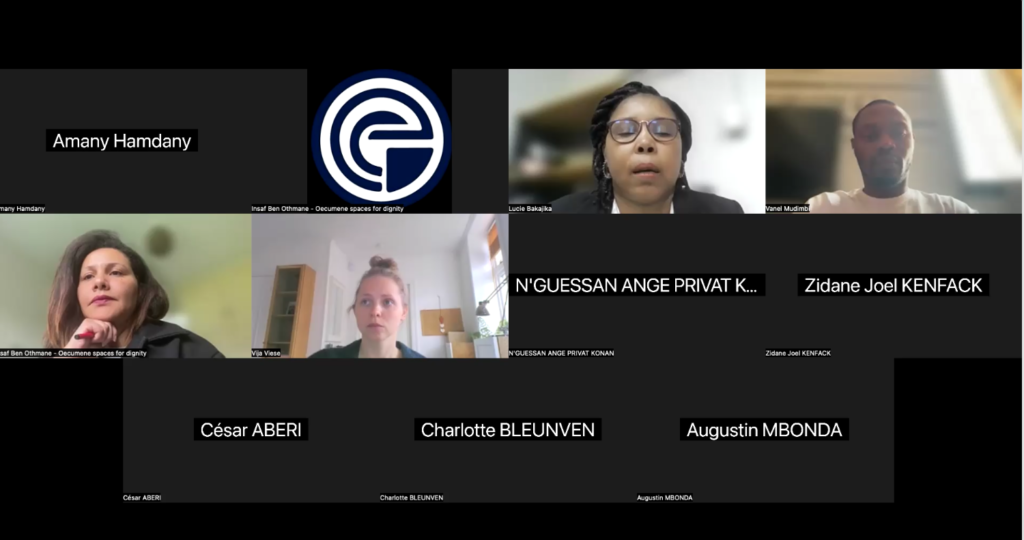
“The Oecumene Spaces For Dignity project’s ‘Engumba Makasi’ aims to enhance the resilience of Kinshasa’s local communities against floods through innovative, co-constructed, and co-produced solutions.” / “Le projet ‘Engumba Makasi’ d’Oecumene Spaces For Dignity vise à renforcer la résilience des communautés locales de Kinshasa face aux inondations grâce à des solutions innovantes, coconstruites et coproduites.”
Resilience Planning for Flood Disasters in Kinshasa, Congo / Planification de la résilience face aux inondations à Kinshasa, Congo Resilience Planning for Flood Disasters in Kinshasa, Congo /
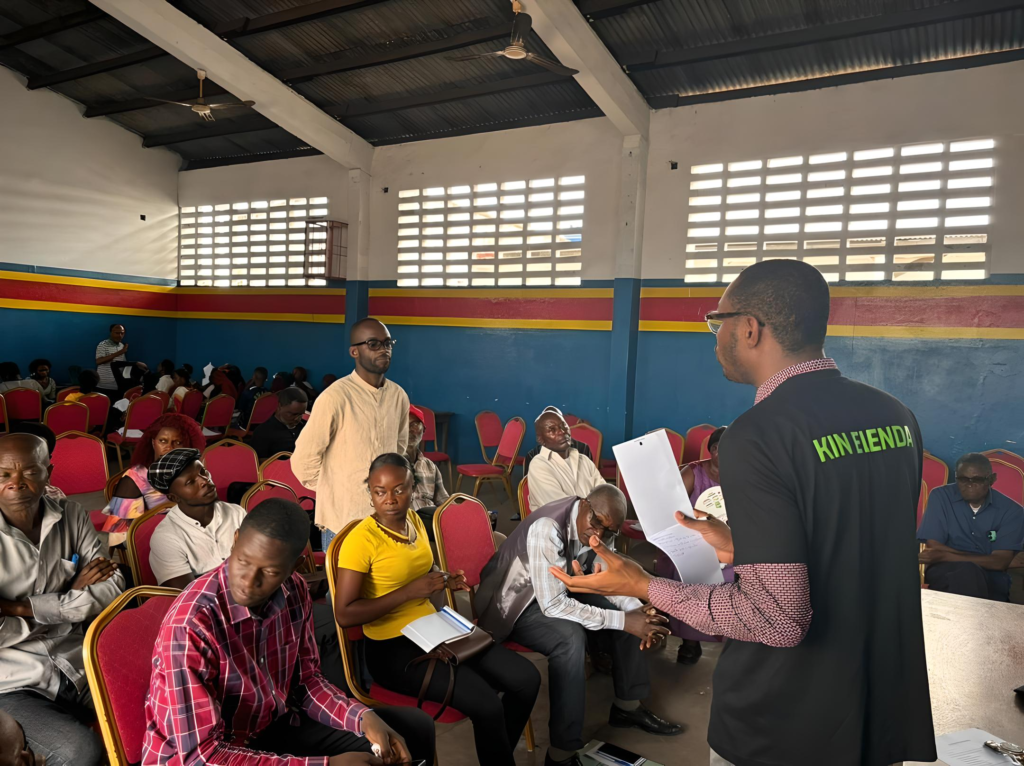
“The Oecumene Spaces For Dignity project’s ‘Engumba Makasi’ aims to enhance the resilience of Kinshasa’s local communities against floods through innovative, co-constructed, and co-produced solutions.” / “Le projet ‘Engumba Makasi’ d’Oecumene Spaces For Dignity vise à renforcer la résilience des communautés locales de Kinshasa face aux inondations grâce à des solutions innovantes, coconstruites et coproduites.”
Cadence of Tomorrow: Youth Ascending -UN-HABITAT Youth Summit Tunisia
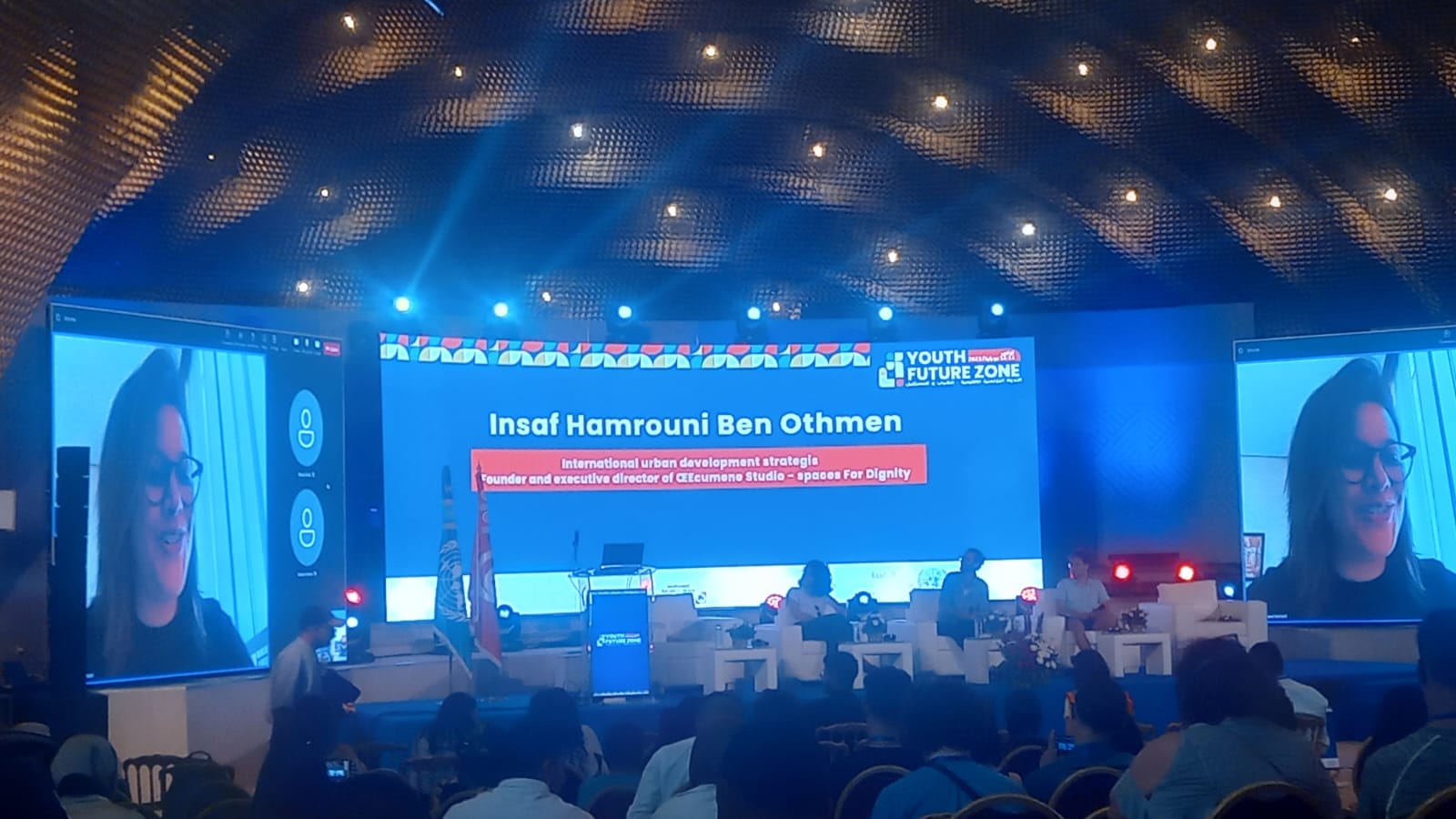
A symphony of youth, art, and sustainability intertwines at the Youth Summit. Together, we craft a harmonious future. Œcumene Spaces For Dignity leads the way.
Nudging Limitations – ArchitectureForChange is Back 2020

‘Nudging Limitations’ Series of talks will be looking to understand how different and mostly multi-layered limitations drive change that (re)structure the built-environment, and extend to (re)wire the societal behaviour and influence policies? How does nudging old and new (imagined) fixities of limitations through spatial practices allow meanings to (re)emerge within them?
Placemaking in MENA Series of Talks – LELKOL PILOT PROJECT
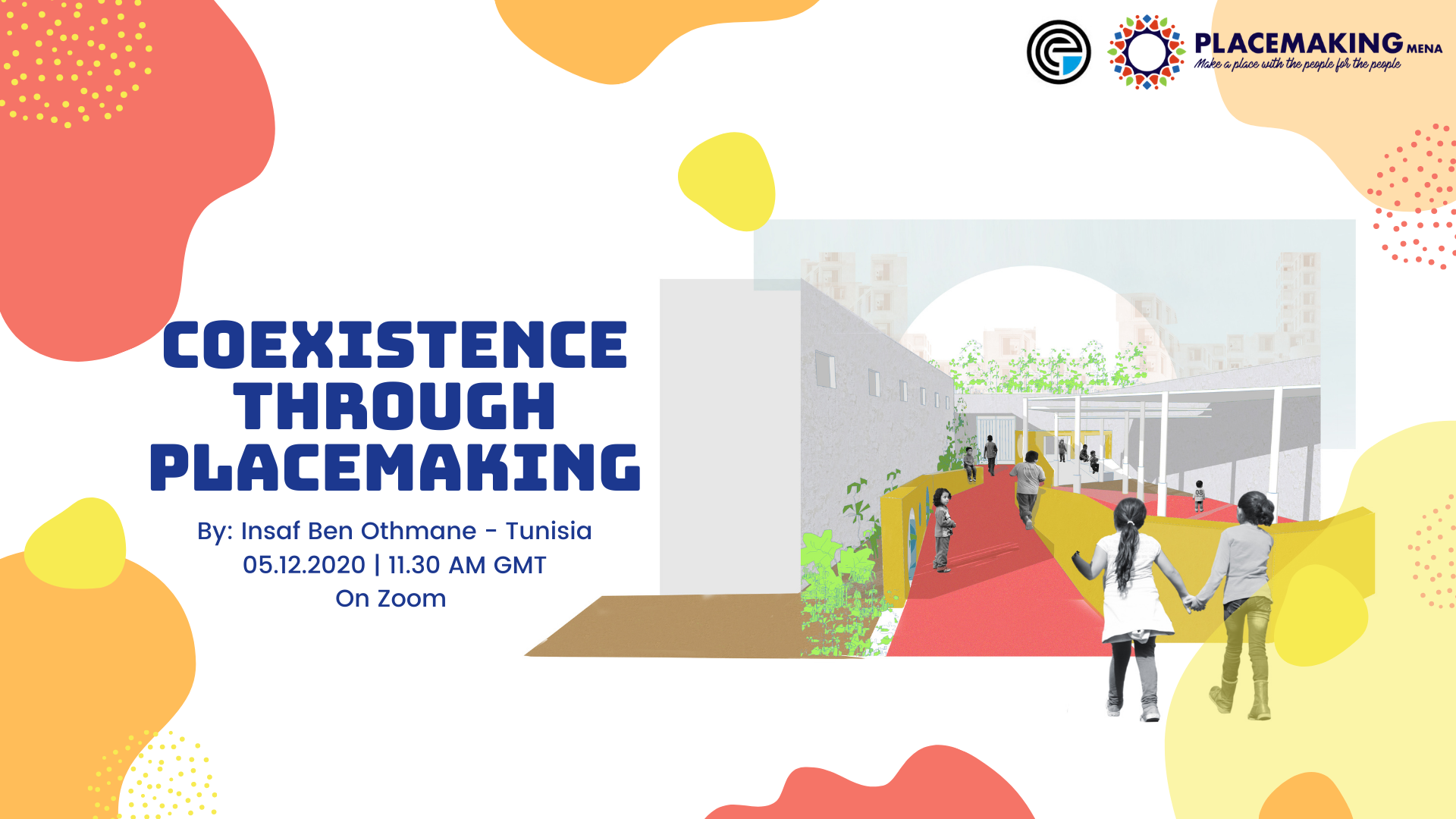
Lelkol is an online incubation Workshop for Placemaking projects in MENA. The project is a pilot project. 18 projects have been submitted and only 5 have been selected for this first round.
Lelkol Incubation of Placemaking Projects with PlacemakingMena Platform

Lelkol is an online incubation Workshop for Placemaking projects in MENA. In partnership with Placemaking MENAmena, and PLACEMAKINGMENAPlatform, Œcumene Studio will be offering their expertise and support to help implementing 5 placemaking projects in Egypt, Jordan, Sudan and Lebanon. Projects are initiated by community members, organisations and placemakers. The program is an intensive 8 online workshops sessions. 4 sessions in November 2020 and 4 sessions in January 2021.
Inclusive Heritage Urban Transition – Siwa,Egypt

SIWI Architecture community centre “SIWI ACC” is a local, national and international architecture research and community centre. It will not only be an additional building in SIWA OASIS but will be a concrete example of today’s Siwan architecture using modern and traditional techniques, actual architectural response illustrated by the extension part and a contemporary interpretation of the traditional Siwan architectural through the renovation of the existent part of the building. The centre will provide Egyptian and Siwan architecture with an international showcase, will promote the knowledge and the Siwan architectural heritage, will be a training centre for publics in architecture.
Trombe Wall – A proof of Concept
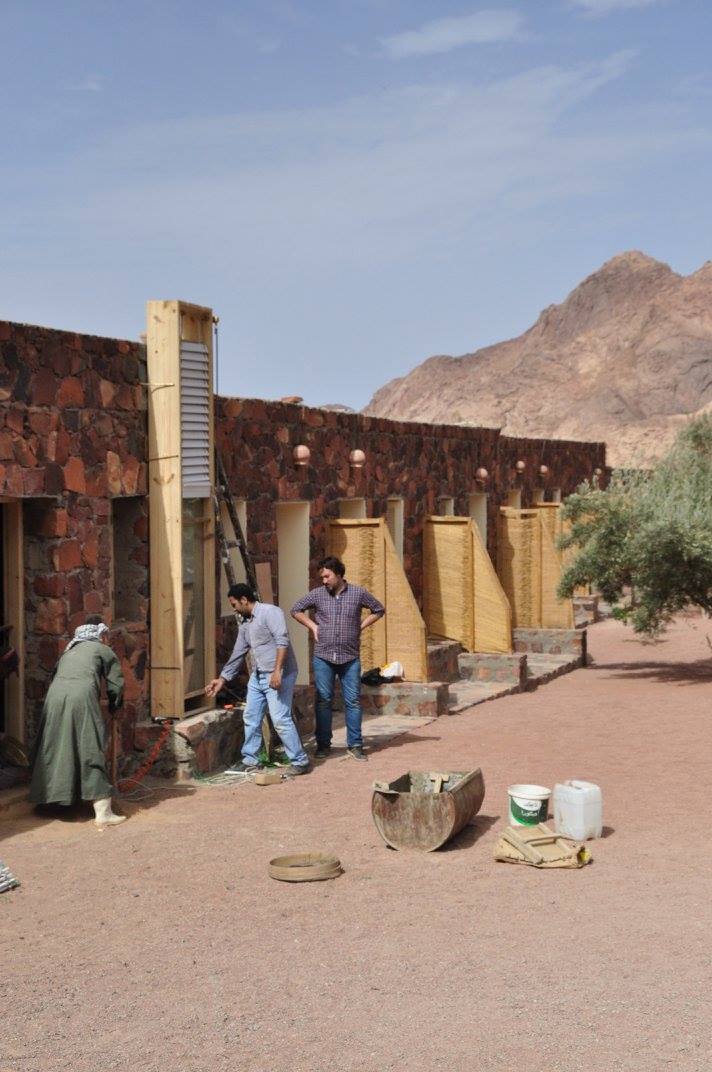
“An urban living lab monitoring and post occupancy evaluation for a Trombe wall proof of concept.”
HOUCH YGAMA’NA: COEXISTENCE THROUGH DESIGN & PLAY
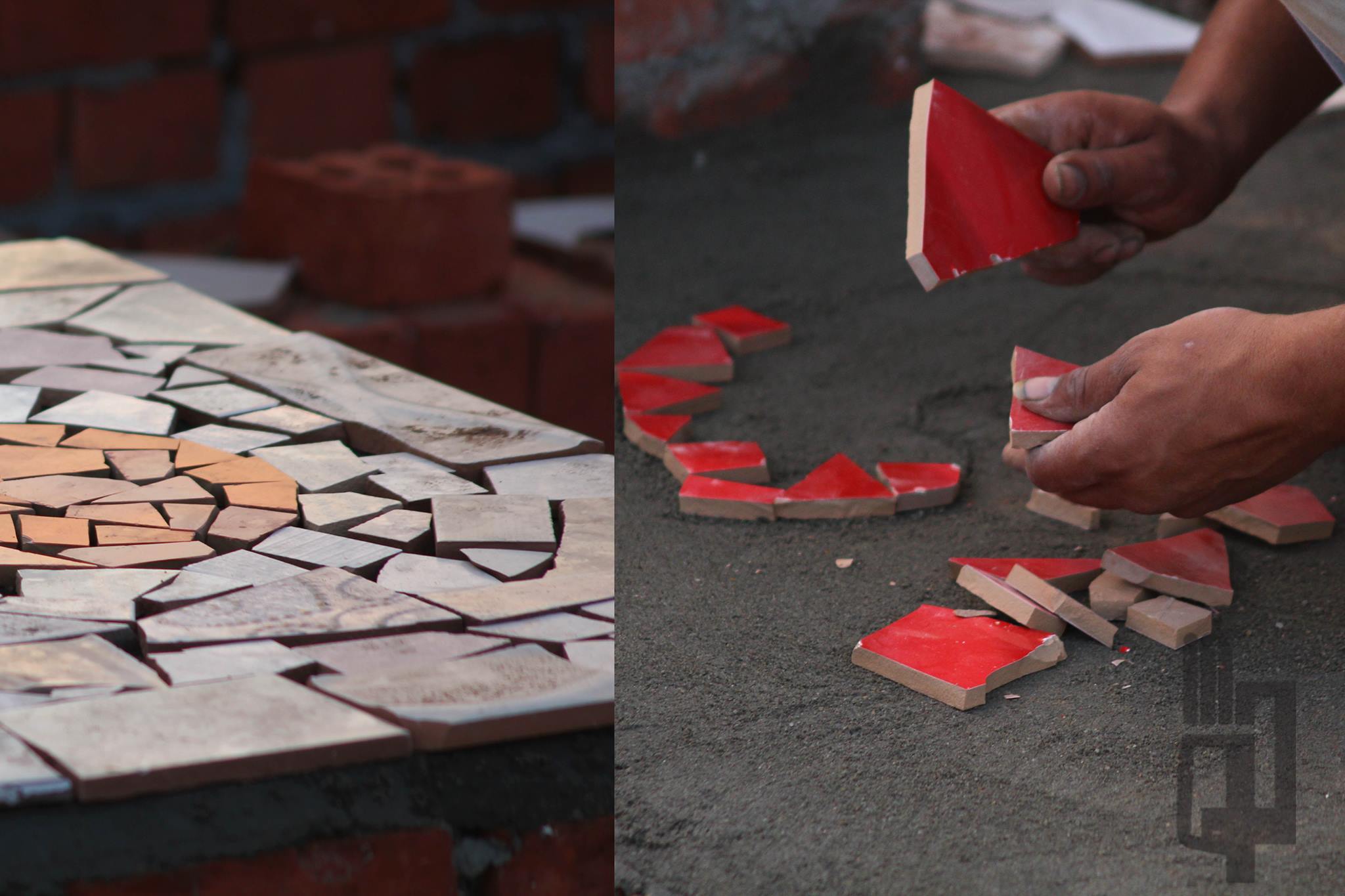
The project was first applied in June 2014 in a governmental school in Gamasa, Egypt. This was followed by creating a child and community outdoor space in the Central Park of New Damietta, Egypt and is currently being applied in 5 governmental schools in the governorate of Alexandria. The project process entails creating a set of socially engaging processes that bring school students, staff and community members together to define and engage in the processes of reshaping and developing their schools.
Governance Vs integrated approach

Integrated planning approach is facing various problems related to uncertainty of the notion itself which the contours remain unclear. The fragmented responsibilities of key stakeholders leads to complete failure of the whole process, lack of institutional capacities and most of all the resistance to change.

